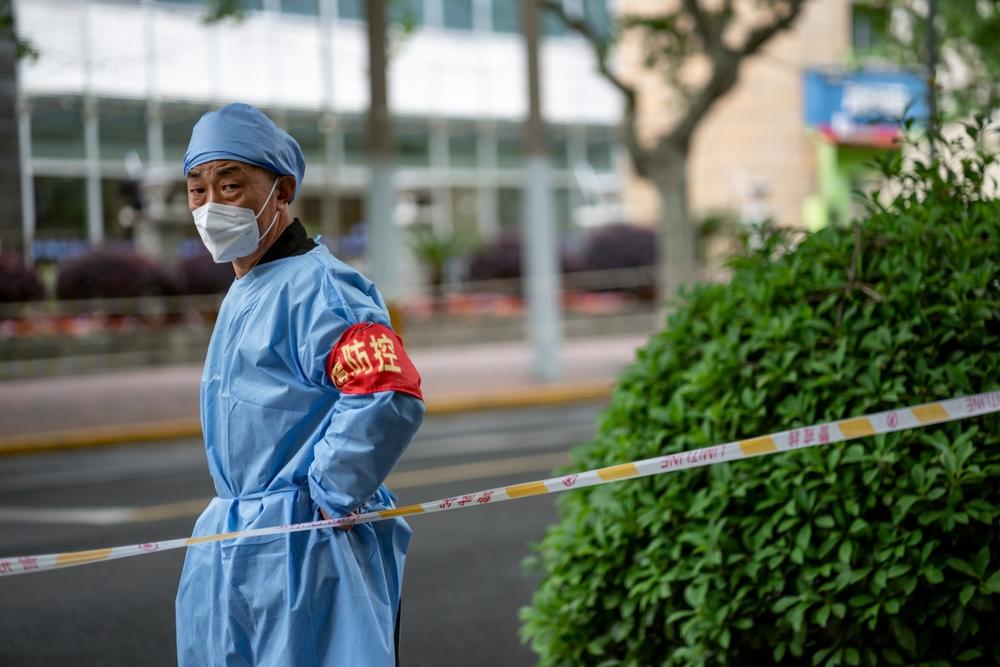EGA Five Facts to Know: China's Central Economic Work Conference
Last week, President Xi Jinping, top officials and policymakers gathered in Beijing for China’s annual Central Economic Work Conference to lay out the economic road map for the year. The conference was held even as Covid cases swept the capital and the country – after the recent dismantling of zero-Covid policies – and amid contracting exports, youth unemployment around 20% and a sagging global economy. In the face of these challenges, the conference made clear Beijing has reprioritized the economy over Covid. A conference readout highlights Beijing’s intention to expand domestic demand, focus on development of the private sector, and “provide maximum convenience for foreign investors“ to trade and invest in China. The economic blueprint will guide Beijing’s economic priorities for the coming year and affects businesses operating in China, so here are five facts to know about the CEWC:
1. That the conference even happened is a signal.
Last week, as Covid cases skyrocketed, reports were circulating that the CEWC might be postponed. But Xi and leaders convened the CEWC anyway, signaling a flip from Covid management at the expense of economic growth to a focus on restarting the economy after three years of disruption to supply chains, markets and people’s livelihoods. The government’s top priority is again economic growth – a welcome signal to businesses and investors – though it remains to be seen how the rise in cases will affect Beijing’s ability to jumpstart the economy.
2. Domestic consumption is front and center.
One of Beijing’s key tasks in getting the economy going again will be boosting domestic consumption. “We must give priority to restoring and expanding consumption,” read the CEWC readout. Expanding domestic demand is a key part of China’s “dual circulation” strategy, an effort to make its economy more resilient to external shocks such as the sagging global economy and geopolitical tensions that hamper China’s exports. Immediately prior to the conference, Beijing released guidelines on expanding domestic demand with the goal to boost the scale of consumption and investment to a new level by 2035. The CEWC identified goals of increasing urban and rural incomes and preferential policies for consumption of housing improvements, new energy vehicles, and elderly care.
3. Beijing knows the private sector generates growth.
“The development and growth of the private economy and private enterprises should be encouraged and supported.” – CEWC readout Conference leaders have sent a signal that Beijing’s efforts to restart the economy will focus on the private sector, lifting restrictions on private businesses, including tech and real estate. Beijing knows that the private sector – not the state sector – is the main generator of growth and jobs and needs to harness its power to get the economy back on track. The conference also highlighted the protection of private enterprises’ property rights and entrepreneurs’ rights and interests – a positive signal for foreign companies doing business in China.
4. Stabilizing the property sector is an urgent task.
China’s property market accounts for a quarter of its economy. As such, the conference rightly emphasized the importance of ensuring the stable development of the real estate market and defusing major financial risks in the sector. In the wake of the Evergrande debt crisis and amid mounting debt risks for other developers and local governments, conference leaders made clear that more efforts will be made to aid the struggling sector, especially by satisfying its “reasonable demand for financing.” While the CEWC readout reiterated that “housing is for living in, not for speculating,” it also emphasized the need to “improve [the] asset and liability positions” of high-quality, leading housing enterprises. As such, we expect that additional policies will ease financing constraints and further alleviate the debt situation in an effort to lay a foundation for market confidence.
5. China reiterated its commitment to market opening for foreign firms.
Chinese leaders recognize growing concerns of foreign businesses and the risks of supply chains relocating away from China. In response, the conference reaffirmed China’s commitment to foreign investors and further opening up. It also pledged “maximum convenience” for foreign businesspeople to come to China for trade and investment. Hong Kong and Macau have already scrapped almost all Covid-related restrictions, so China’s full border opening for international arrivals may be just around the corner – a good thing for foreign companies and China’s economy. China is also actively seeking to join two major trade pacts – the Comprehensive and Progressive Agreement for Trans-Pacific Partnership (CPTPP) and the Digital Economy Partnership Agreement (DEPA) – which would have significant implications for foreign companies and China’s economy.



